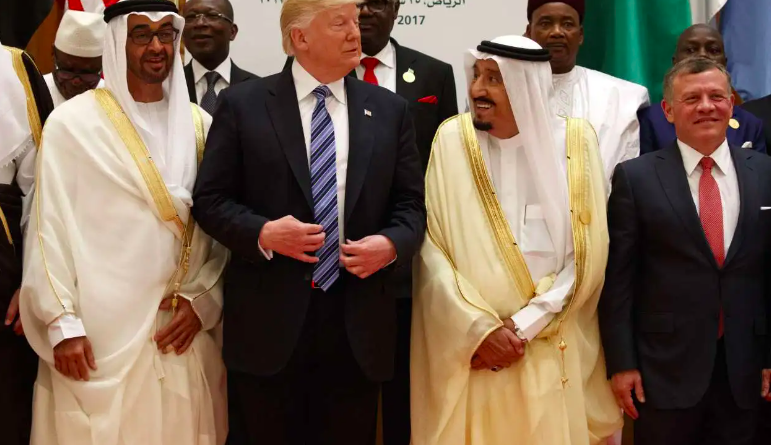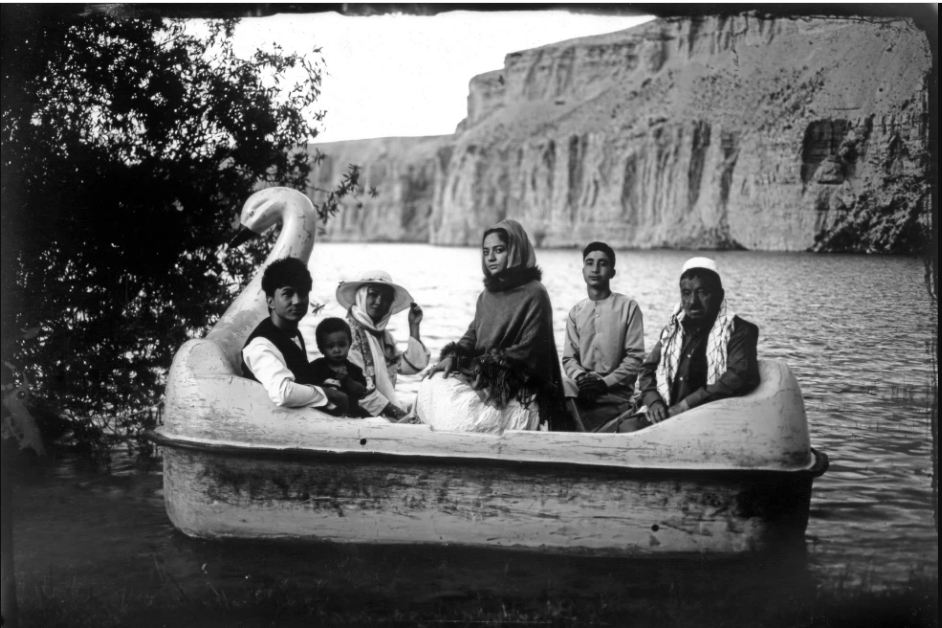ANALYSIS: Going Solo on Gaza Won’t Work—Trump Needs Arab Allies
If Trump genuinely wants to broker a solution, he must listen not only to Israel but also to key Arab allies like Saudi Arabia, Jordan, and Egypt.
The 47th American President Donald Trump’s suggestion to take over Gaza and resettle Palestinians, presented as a peace initiative, has caused an uproar—just as he likely intended. But as Saudi Foreign Minister Prince Faisal bin Farhan put it, “True security for Israel will come from recognizing the legitimate rights of the Palestinian people.”
History has shown that sidelining Palestinian statehood from broader regional peace efforts only fuels more instability. Jordan and Egypt have had peace treaties with Israel for decades, yet Palestinians continue to suffer. The 2020 Abraham Accords expanded regional cooperation, but conditions in Gaza and the West Bank did not improve. Whether one blames Israel, Hamas, or both, the pattern is clear: Ignoring Palestinian aspirations has not led to peace.
A Palestinian state would serve multiple purposes. It would affirm Palestinian rights under international law, undermine Hamas and other extremist groups that use occupation as a rallying cry, and could even position Trump as a Nobel Peace Prize contender if he were to broker a deal. For Israel, it would resolve the dilemma of either maintaining an occupation or risking an apartheid-like system under a one-state solution.
Trump’s comments were widely interpreted—across the Arab world and beyond—as endorsing ethnic cleansing. Whether that was his intention or not, such rhetoric damages the U.S.’s credibility as a mediator and plays into the hands of global rivals like Russia and China. It also puts America’s regional allies in an awkward position, particularly those that signed the Abraham Accords in good faith, such as the UAE, Morocco, and Bahrain. Saudi Arabia, the region’s most influential political and religious power, wasted no time in reaffirming that Palestinian rights are nonnegotiable.
It remains unclear whether Trump’s remarks were a serious policy proposal, a negotiation tactic, or mere bluster. Even within his own party, they have found little support. The White House has already moved to ease the backlash, and Israeli Prime Minister Benjamin Netanyahu has sought to reframe Trump’s words, claiming he only meant that those who wish to leave should be allowed to do so.
But peace won’t come from unilateral declarations. If Trump genuinely wants to broker a solution, he must listen not only to Israel but also to key Arab allies like Saudi Arabia, Jordan, and Egypt. Saudi Arabia, in particular, has spent years working on a viable two-state solution, with its foreign ministry leading significant diplomatic efforts under Manal Radwan. These efforts have the backing of European powers and a global coalition willing to do more than just talk. Implementing this vision could stabilize the region, enhance Israel’s security, and offer Palestinians a future beyond conflict.
Of course, critical questions remain: How will Gaza be rebuilt? Where will displaced Palestinians go in the interim? How can Hamas be prevented from regrouping, and Israel from further annexations? These are real challenges. But history shows that peace has never come easily—it requires bold steps. The first of those steps is recognizing Palestine as a state.



